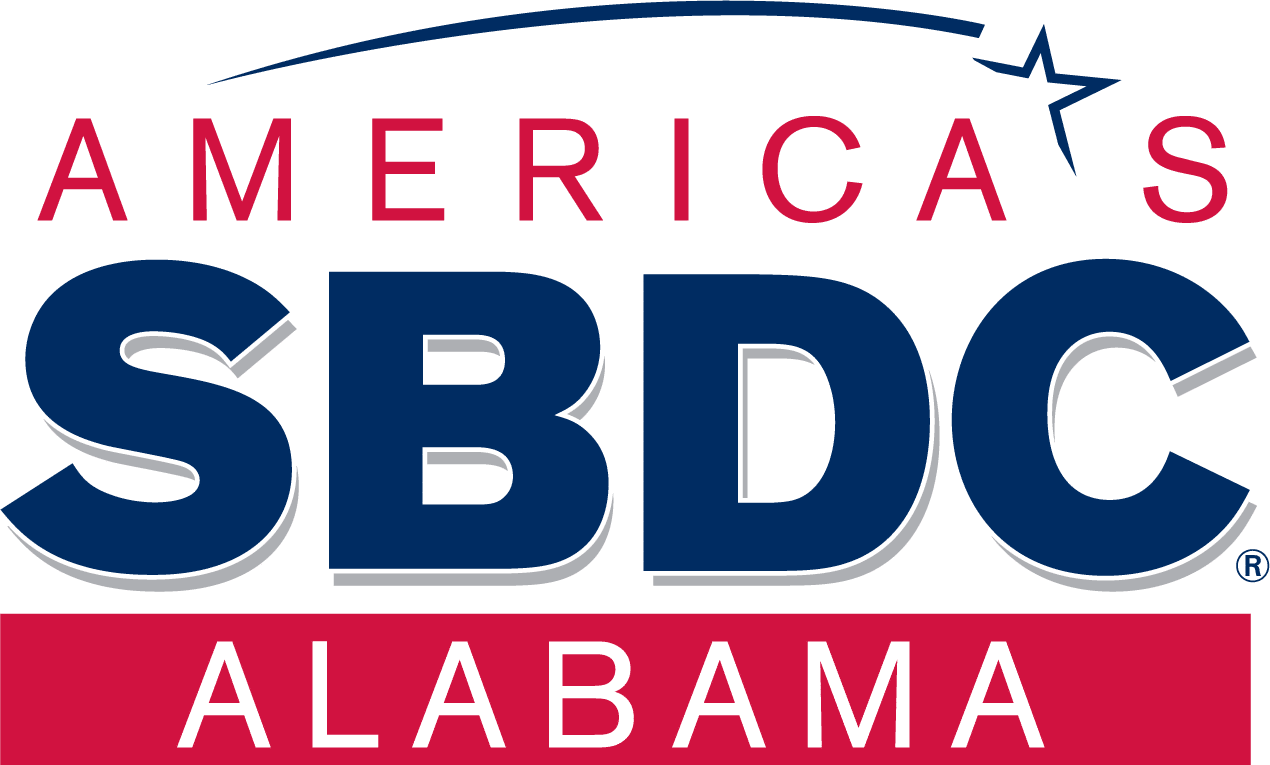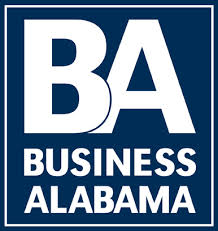Business Alabama: Sustain Your Startup
 Successful startups — say Alabama’s small business experts — begin with concise planning and investment in yourself.
Successful startups — say Alabama’s small business experts — begin with concise planning and investment in yourself.

Roughly half of all Americans get their paycheck from a small business, and in Alabama the number is closer to two-thirds.
Bill Cummins, director of the Alabama Small Business Development Center Network, thinks of those statistics as job security. He runs the statewide apparatus set up to nurture small businesses and give advice to everyday people who have an idea but aren’t sure how to make the cash register ring.
The network, with certified business counselors at universities across the state, can give management and technical assistance to small businesses or people who want to start one. But they’re busy, so don’t just call them up without doing your homework first.
If you’re trying to do a startup, have a business plan in hand, keeping in mind that if it’s more than a page, it’s probably not a clear plan. You should have clear ideas about where your customers would come from, what you would offer them and how much it might cost. While SBA loans might be an option, being able to put up some money you’ve saved increases your business credibility.
Robin Gregorius, for example, started a New Orleans-style assisted living facility in south Alabama with only $2,330 in cash. She raised more than a million dollars in loans and shareholder equity but had to revamp her plan in the first year, when construction delays slowed her opening by eight months.
A registered nurse, she started working double shifts while revising her plan, managing to keep Country Gables in business until she started turning a profit.
SBDCs have been operating in the state since 1980 and can be found at Alabama State University, Auburn University, Jacksonville State University, Troy University, University of Alabama, University of Alabama in Huntsville, University of North Alabama, University of South Alabama and University of West Alabama.
Counseling is provided free of charge to small business owners. SBDCs develop and maintain partnerships among community organizations and local, state and federal agencies, providing a focal point for a broad network of public and private resources.
For example, small businesses wanting to sell products and services to federal, state or local governments should learn more about the U.S. Defense Logistics Agency, hosted by the Alabama SBDC Network. The DLA administers the
Procurement Technical Assistance Program, designed to teach small businesses how to navigate the often confusing and circuitous path to a government contract.
SBDC consultants aren’t just eggheads either, though about 70 percent have advanced degrees. Many have diverse industry experience or owned small businesses themselves. Their areas of expertise include, but are not limited to, commercial lending and finance, marketing, manufacturing, franchising, restaurant and retail management.
To learn more about the Alabama SBDC Network, visit the website at ASBDC.org. The site even offers online training and free downloads to get you started. Just do your homework before you call.

